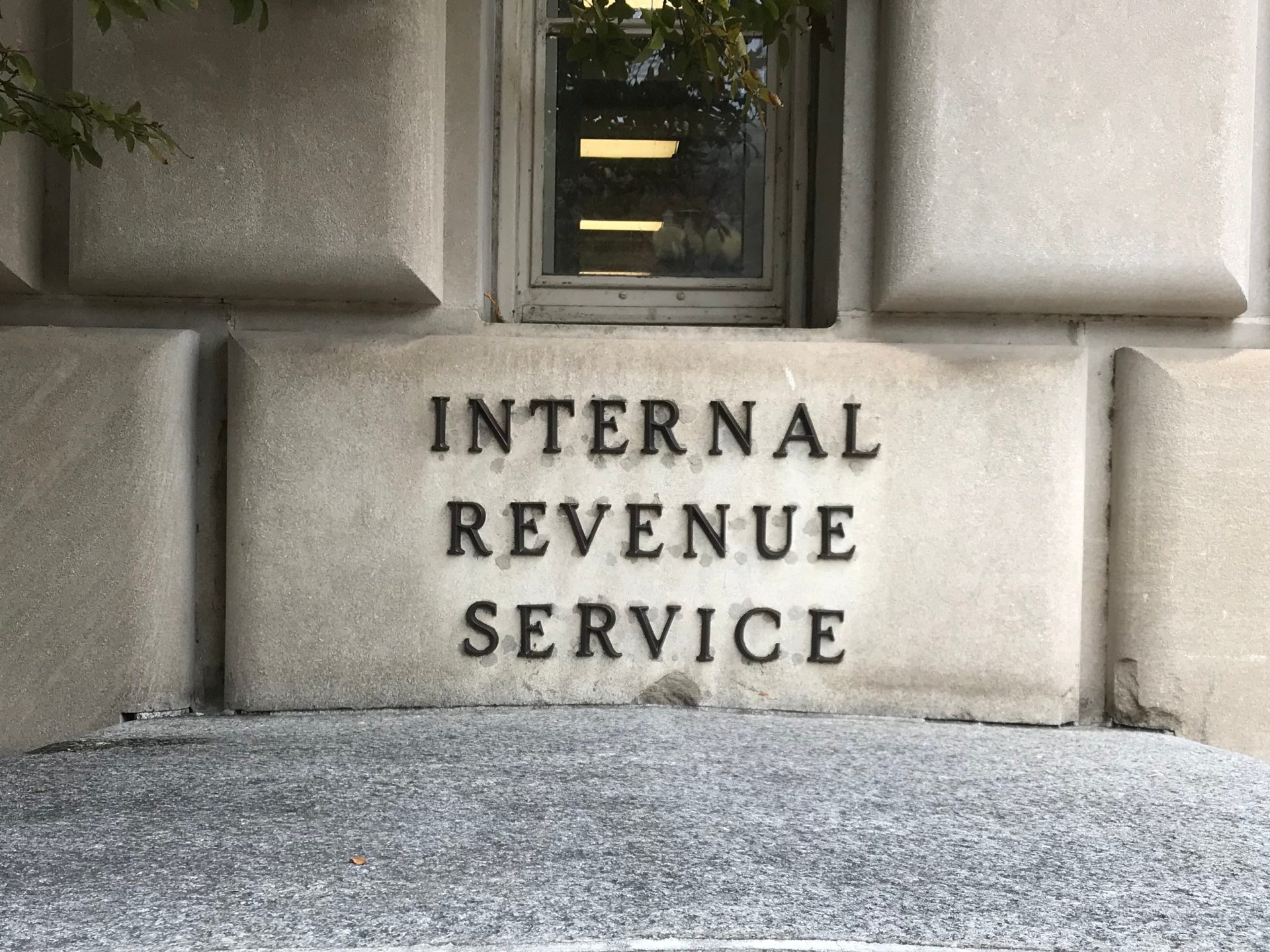The Treasury Department and the IRS issued proposed rules on Tuesday that provide taxpayers and tax professionals with new guidance regarding the Inflation Reduction Act’s 1% excise tax owed on corporate stock repurchases or buybacks.
“As the tax code has favored stock buybacks, many companies have failed to reinvest profits in their workers, growth, and innovation. The stock buyback excise tax begins to change that,” the Treasury Department said in a press release on Tuesday.
The proposed regulations provide additional clarity to taxpayers and tax professionals on how to properly calculate and pay the new excise tax on corporate stock buybacks. In late December 2022, the Treasury Department and the IRS published interim guidance in Notice 2023-02, which addressed the excise tax and describes certain rules with respect to reporting and payment obligations.

“President Biden’s Inflation Reduction Act helps ensure that large corporations pay their fair share, just as American families do,” Treasury Secretary Janet Yellen said in a statement on April 9. “This proposed rule is a key part of the Biden administration’s efforts to improve tax fairness and reduce the deficit by closing loopholes and ensuring wealthy individuals, large corporations, and complex partnerships pay taxes owed.”
The Inflation Reduction Act of 2022 imposed the excise tax on corporate stock repurchases by covered corporations for transactions occurring after Dec. 31, 2022. Generally, a covered corporation is any publicly traded domestic corporation (other than a regulated investment company or real estate investment trust), including its specified affiliates.
The stock buyback excise tax applies at a rate of 1% of the fair market value of any stock of a covered corporation that’s repurchased by the corporation during its taxable year, minus the aggregate fair market value of stock issued by the taxpayer during that year. “Repurchases” or “buybacks” include a corporation’s acquisition of any of its stock from a shareholder for property that qualifies as a redemption of the stock as defined in the tax code, according to the Treasury Department.
The Inflation Reduction Act also states that a repurchase (or buyback) includes any other transaction that the Treasury secretary determines in regulations or other guidance to be “economically similar” to a redemption of stock. These economically similar transactions include buybacks of corporate stock that occur in connection with certain corporate mergers, separations, and other M&A transactions. A repurchase also may include acquisitions of the corporation’s stock by certain specified affiliates.
The proposed regulations also include a targeted anti-abuse rule directed at foreign-parented multinational corporations that requires them to pay their share of the stock buyback excise tax, without the normal intercompany funding transactions among their corporate affiliates being inadvertently captured, the Treasury Department said.
The proposed regs would impact covered corporations that repurchase their stock or whose stock is acquired by certain affiliates. The regs also would affect certain publicly traded foreign corporations that repurchase their stock or whose stock is acquired by certain affiliates.
The regulations would implement the statutory netting rule that reduces the aggregate fair market value of stock repurchased by a taxpayer during a taxable year by the aggregate fair market value of stock issued by the taxpayer during the taxable year, the IRS said. In addition, the regulations would implement the statutory “de minimis” exception which provides that a taxpayer isn’t subject to the stock repurchase excise tax with respect to a taxable year if the aggregate fair market value of the stock repurchased by the taxpayer during the taxable year doesn’t exceed $1 million.
The proposed regulations state that the stock repurchase excise tax must be reported on Form 720, Quarterly Federal Excise Tax Return, with the Form 7208, Excise Tax on Repurchase of Corporate Stock, attached. The Form 7208 would be used to figure the amount of stock repurchase excise tax owed, according to the IRS. A draft version of the Form 7208 is currently available, and the final version of the form will be released prior to the first due date on which the stock repurchase excise tax must be reported and paid, the agency said.
As mentioned in last year’s Announcement 2023-18, the proposed regulations would establish that, for taxpayers with a taxable year ending after Dec. 31, 2022, but before the publication of final regulations, any liability for the stock repurchase excise tax for the taxable year must be reported on the Form 720 that is due for the first full quarter after the date the final regulations are published, and that the deadline for payment of the tax is the same as the filing deadline.
Written comments regarding the proposed regulations must be submitted by the following dates:
- For REG-118499-23, Excise Tax on Repurchase of Corporate Stock – Procedure and Administration, written comments must be submitted by May 13, 2024.
- For REG-115710-22, Excise Tax on Repurchase of Corporate Stock, written comments must be submitted by June 11, 2024.
Thanks for reading CPA Practice Advisor!
Subscribe Already registered? Log In
Need more information? Read the FAQs




